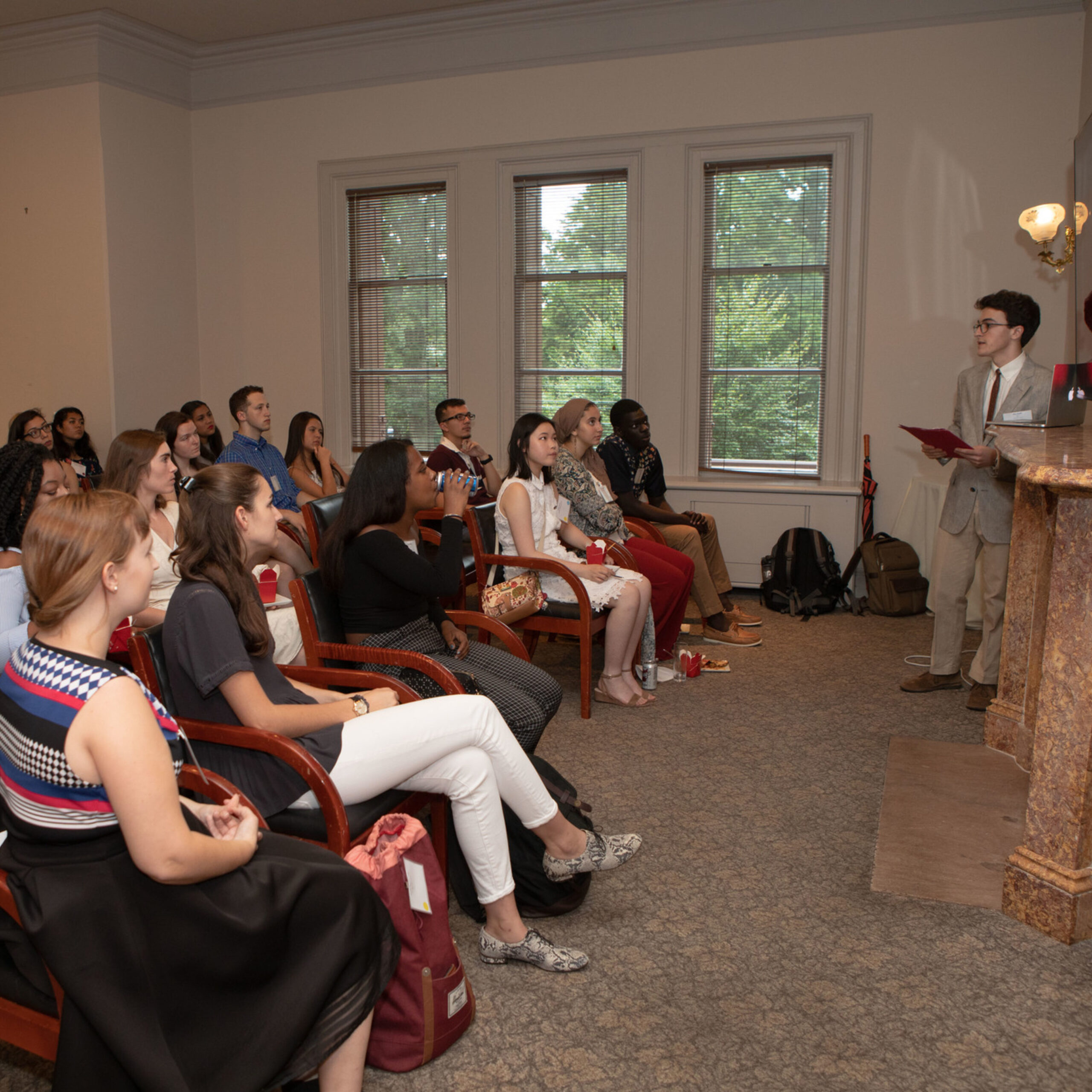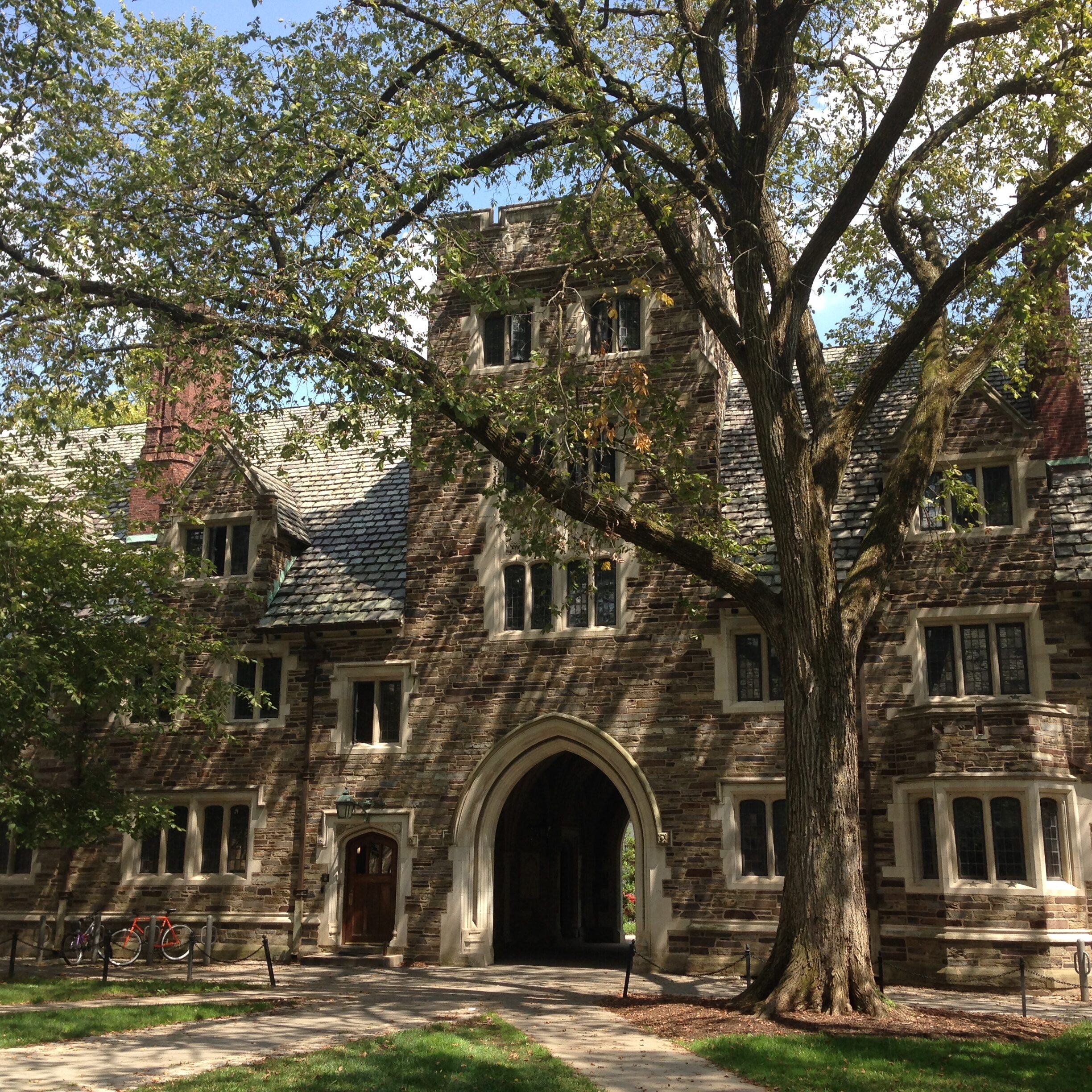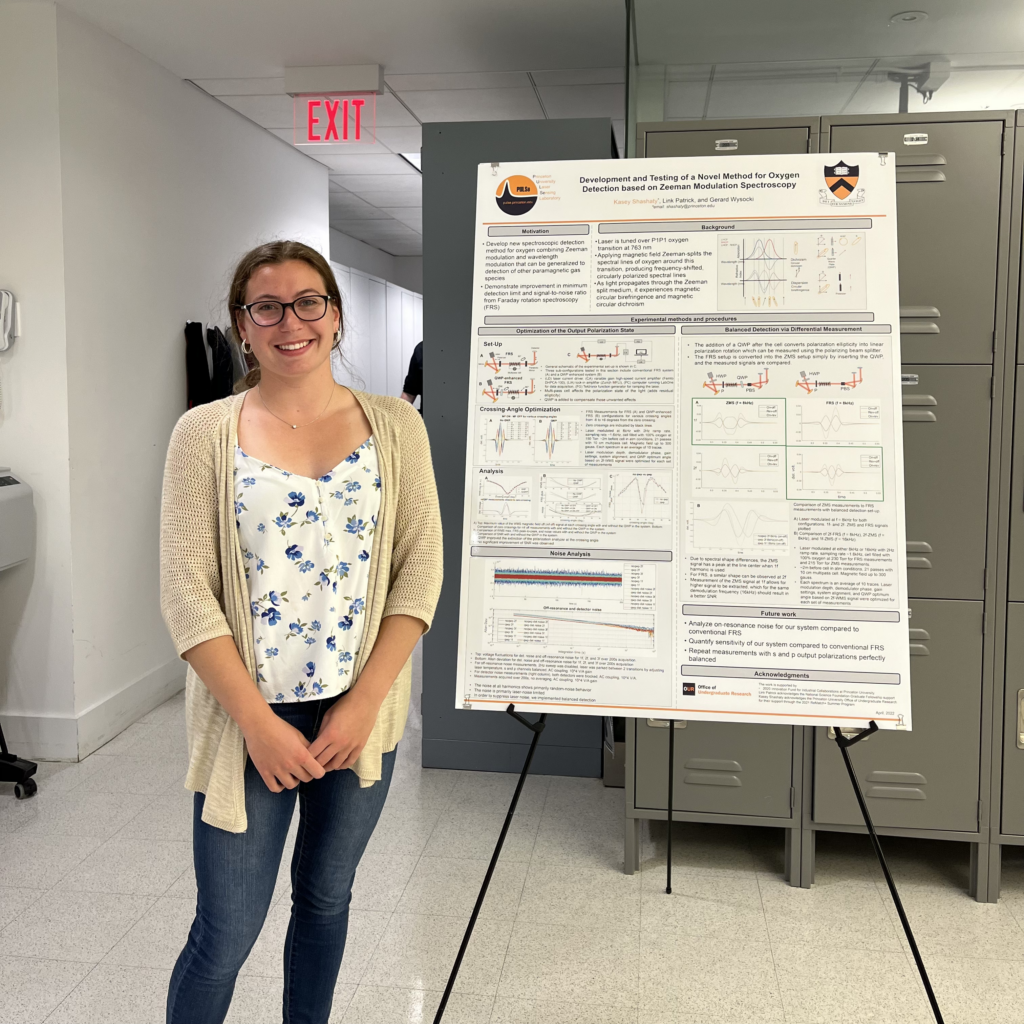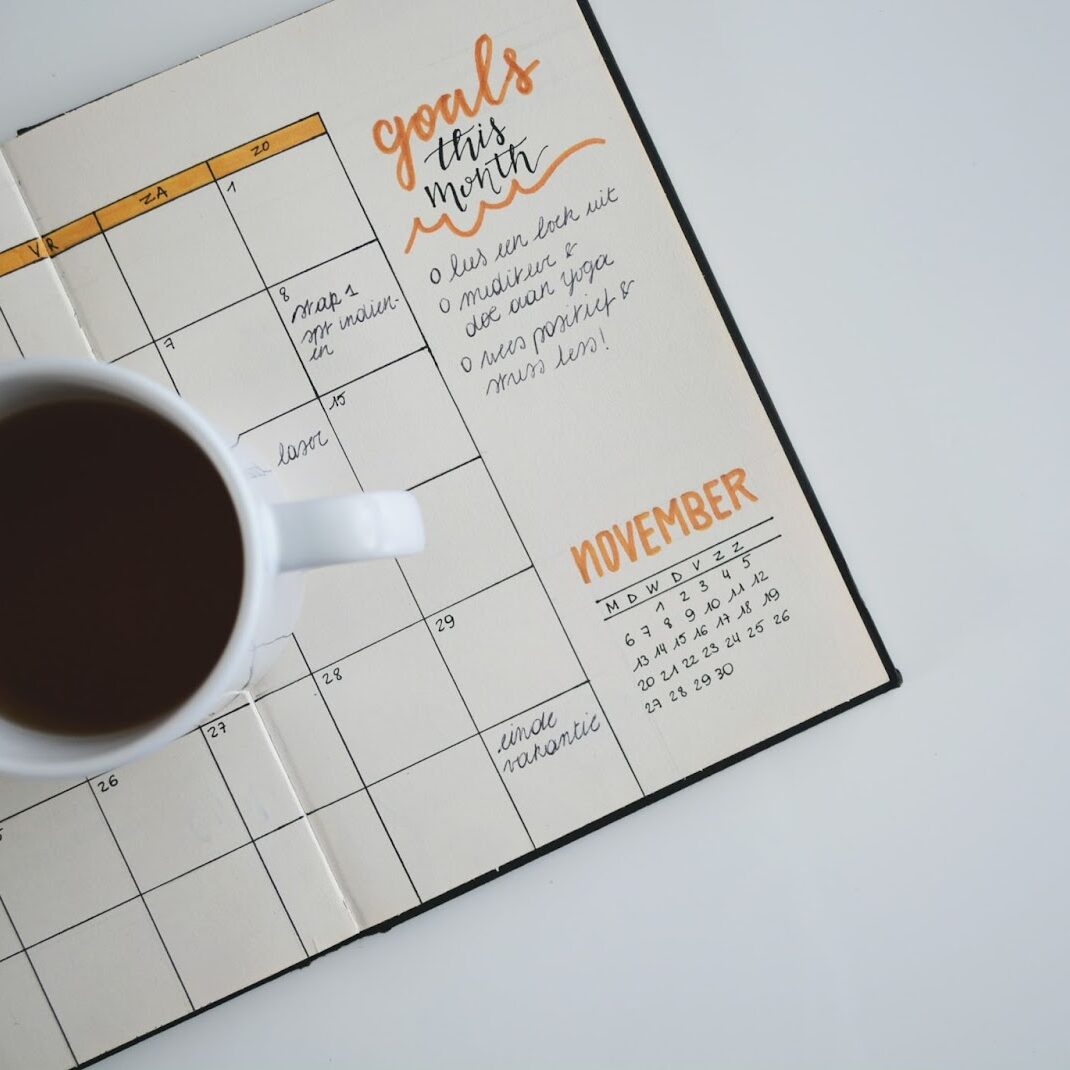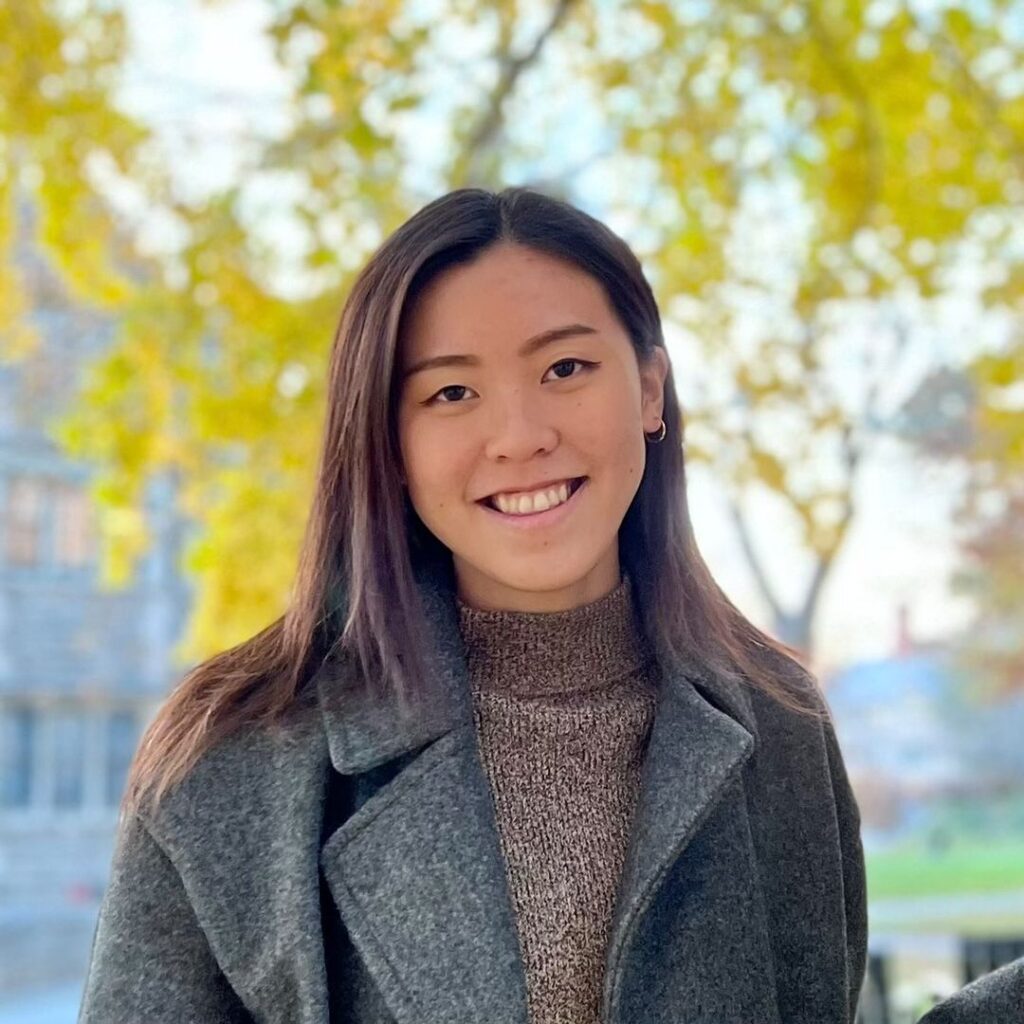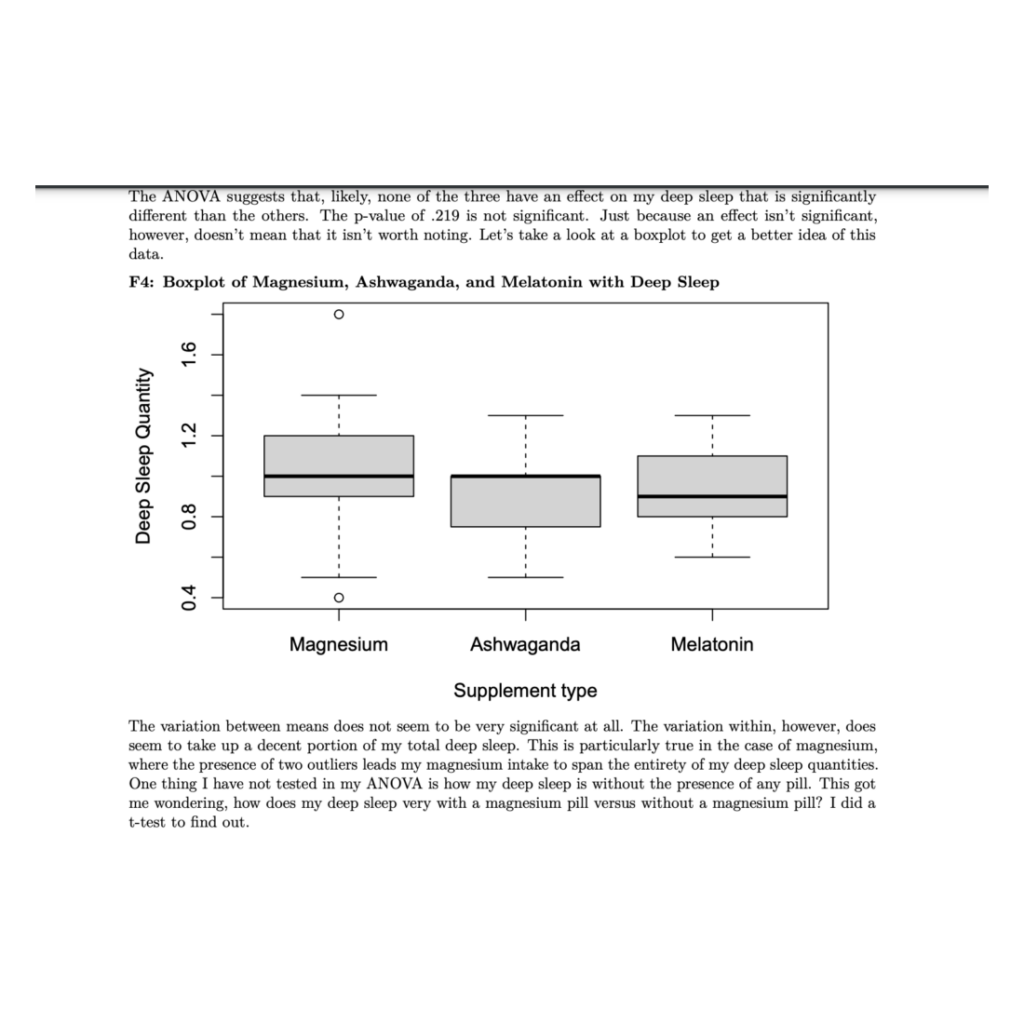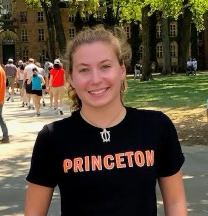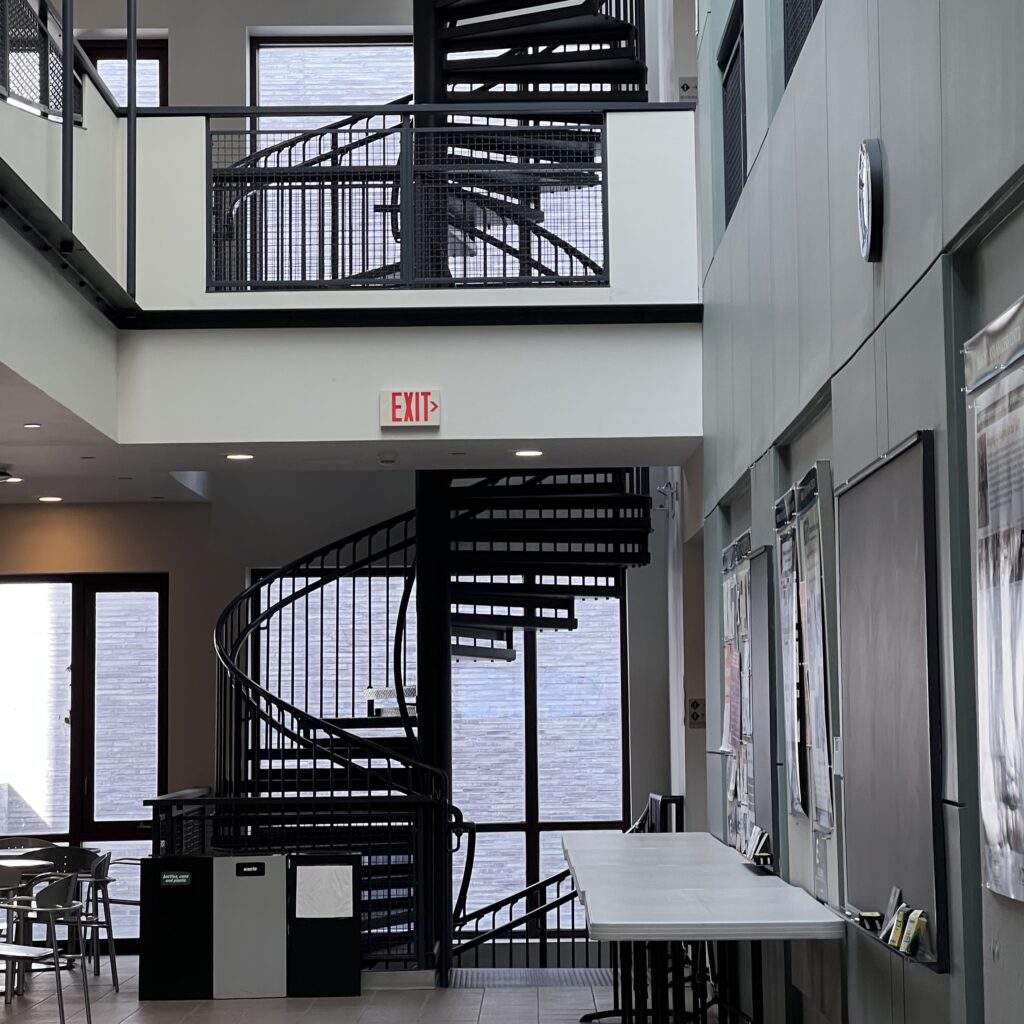Most people probably know Trustee Reading Room as that large room with big glass windows on the first floor of Firestone, where you go when you want a really quiet study space. Perhaps you’ve recently studied for midterms or worked on a paper in its sacred silence. Maybe you’ve wondered if there’s more to Trustee than simply providing a quiet atmosphere for study. The answer to that question is: yes, there is. It is the primary reference room of Firestone library– and if you read to the end of this article you will learn how to make the most of this tremendous resource.
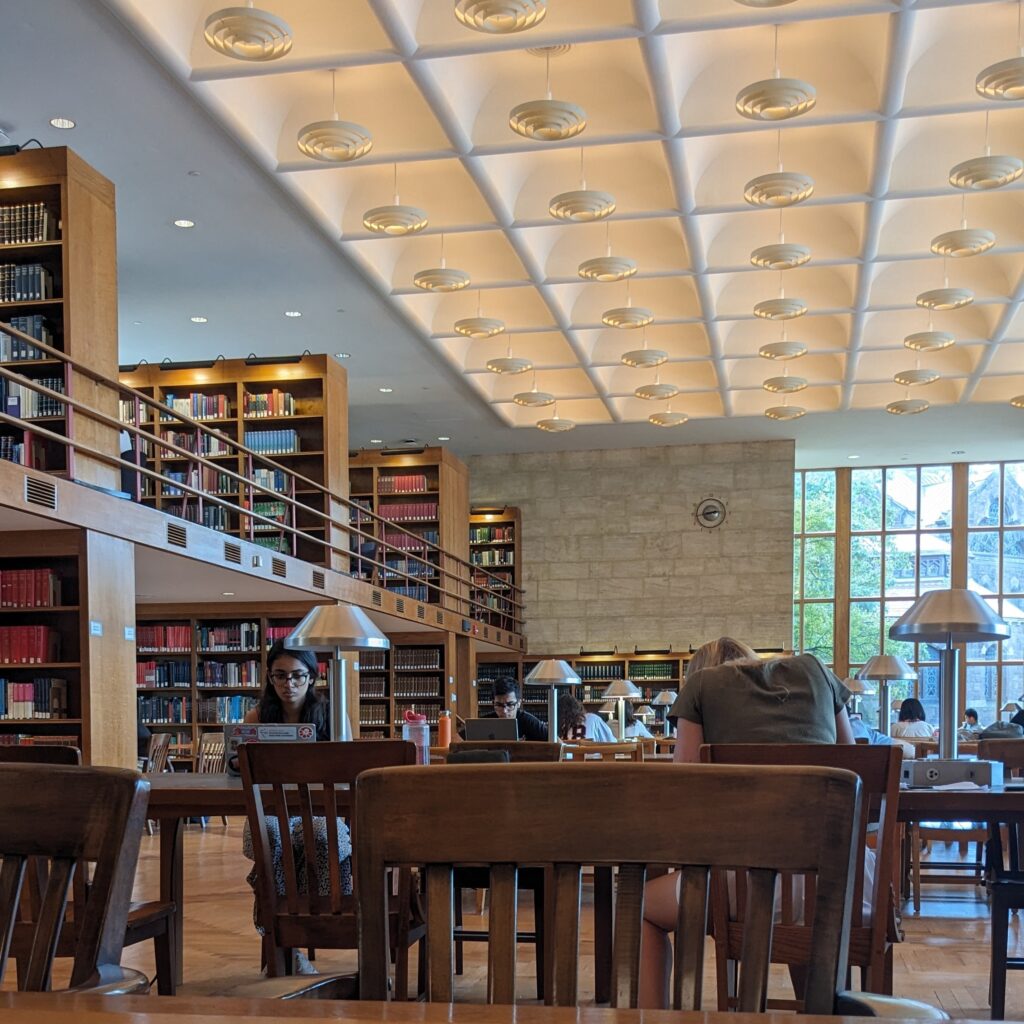
Trustee Reading Room in Firestone Library has many reference works
Continue reading How to use a Reference Room

